J SELECT also offers information on international schools in the Kanto region, especially schools that provide educational continuity from primary through early secondary levels, or upper secondary school. Click here for more information.
Red Bambini Montessori International School

Features
Red Bambini Montessori International School, formerly known as Rainbow International Montessori School and Chateau Des Bambini Montessori School, provides a comprehensive curriculum for early childhood education. They are an international school that has been serving children ages 12 months to 6 years for almost 30 years since 1993. The school has evolved to having over 2,000 graduates from 40 different nationalities. Classes are taught in English and set in a comfortable environment that helps promote the smooth transition from home to school life. They also offer an interactive and innovative indoor play area. Their teachers, who are Montessori-certified, are dedicated to creating a well-prepared classroom that encourages diversity, fosters independence, collaborative learning, freedom for a child to question, critical thinking and to express themselves confidently. At Red Bambini Montessori, children can receive a Montessori education during the day and immerse themselves into the world of technology, arts and other traditional education after school. Red Bambini Montessori International School supports working parents; the school hours are from 8:00 a.m. to 7:00 p.m.
Methods
The school employs a collaborative learning environment, based upon principles developed by Dr. Maria Montessori over 100 years ago. The Montessori method of education develops the whole child. The classroom environments are designed to stimulate interest and critical thinking skills, while focusing on a child’s individual talents and abilities. The Montessori teaching methodology is uniquely based upon observation, discovery, and intrinsic motivation through Montessori materials versus strict instructions.
Montessori is both an educational system, as well as a philosophy. One of the most distinguishing features of the Montessori method is its use of manipulative items. Classrooms are filled with these materials that encourage natural curiosity, confidence, independence and a love of learning. The environment and materials allow the teacher to guide the child according to their needs and teach each child individually.
Program and Courses
Red Bambini Montessori International School hours are from 9:00 a.m. – 3:00 p.m. with extended hours at no extra charge until 6:00 p.m. They also provide early bird and after care hours at an additional charge starting from 8:00 a.m. until 7:00 p.m.
They also provide various after-school programs after 3:00 p.m. which are available to students who attend different schools during the day. Currently offering Soroban (abacus) classes, Chinese, Japanese, Dance/Yoga, and soon Robot Programming.
Saturday Class
Red Bambini Montessori International School offers Saturday classes (9:30 a.m.-2:30 p.m.). They welcome children whether they are regular Bambini students or attend different schools on weekdays. In addition, they offer soroban classes following the regular Saturday class.
Admission Term All year round
Age Group 12 months-6 years old
Number of Students 75
Extra Services School bus service and parking available around Tokyo Tower
Member Organization American Montessori Society (AMS)


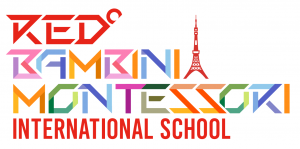
Address: Tokyo Tower 1F, 4-2-8 Shiba-Koen, Minato-ku, Tokyo
Tel: 03-6823-8822.
Contact: info@montessori-cbms.com
The British school in Tokyo
Features
The British School in Tokyo (BST) provides a through education for students aged from 3 to 18. The Preschool section, Nursery (for 3 year olds) and Reception (for 4 year olds), uses the Early Years Foundation Stage of the British education system as its curriculum. Students learn and grow in a play-based environment that works toward early childhood development goals focused on academic and social development.
From 5 years old, students will enter Year 1 automatically and are able to stay all the way through to Year 13 when they are 18 years old. Their educational journey prepares them for entrance into the best universities around the globe.
Established in 1989, BST is the oldest British school in Japan. The whole school has over 1,000 students representing 65 nationalities. In the past 33 years, it has continually grown and flourished, with a commitment to excellence — delivering education founded in the English National Curriculum and embracing all that the uniquely international and Japanese setting provides.
Methods
The British School in Tokyo provides a truly holistic education. Students learn in and outside of the classroom. Opportunities for students to develop their interests and talents are numerous. Music, sport, art and drama are significant areas of strength. A focus on providing opportunities for students to support their passions and interests is a strong feature of life at the school.
The school’s curriculum is pitched high and designed to challenge and enrich, with close monitoring of students’ attainment informing individualized targets for progress.
Maximum class size is 20 in Nursery and Reception. Each class has one teacher and one education assistant.
Experienced educators track, plan and tailor learning opportunities for each child to ensure they progress in all curriculum areas. Teachers continuously assess their progress, thus adjusting learning to meet each child’s individual needs. The child’s preschool experience of this play-based approach enables them to have fun, make friends, learn to cooperate, learn about the world and develop essential reading, writing and mathematics skills.
Program and Courses
The BST Early Years Foundation Stage (EYFS) incorporates both Nursery and Reception classes. This stage of schooling promotes young children’s social, emotional, academic and physical development. A high-quality Early Years provision, like that at BST, leads to improved academic results further up the school, better career opportunities and improved physical and emotional health as students grow into adulthood.
EYFS has seven areas of learning and development:
- Personal, social and emotional development
- Communication and language
- English
- Mathematics
- Physical development
- Understanding the world
- Expressive arts and design
In line with the Reggio Emilia principles BST employs, children’s views and interests are used to inform the planning of learning opportunities both in the outdoor and indoor settings.
New Campus at Azabudai, the heart of Tokyo
At the start of the academic year 2023-24, BST will open its new Primary School campus in one of Tokyo’s most exciting new urban developments.
The new Primary School campus will serve students who range in age from Nursery (3 years old) to Year 6 (11 years old) and the campus will have a distinct look and feel in keeping with its impressive surroundings.
Designed by the renowned architects Thomas Heatherwick Studios, the 15,000-square-metre campus is spread over seven floors above the ground, including a roof garden, and one subterranean floor. The campus will contain outstanding and extensive facilities unmatched in central Tokyo.
For details: https://www.bst.ac.jp/uniquely-bst/central-tokyo-campuses/azabudai-campus
Admission terms
All year round
Age Group 3-4 years old
Number of Students Nursery & Reception: 100+ Whole School: 1,000+
Member Organization COBIS (Council of British International Schools), FOBISIA (the Federation of British International Schools in Asia), JCIS (Japan Council of International Schools)
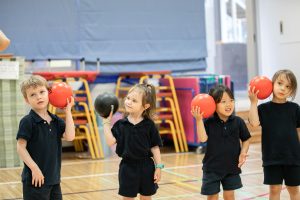
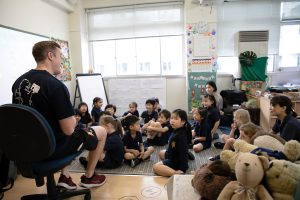
 The British School in Tokyo
The British School in Tokyo
Address:1-Chome Azabudai, Minato Ku, Tokyo, Japan
Tel: 03-3411-4211
Contact:admissions@bst.ac.jp
ASIJ Early Learning Center
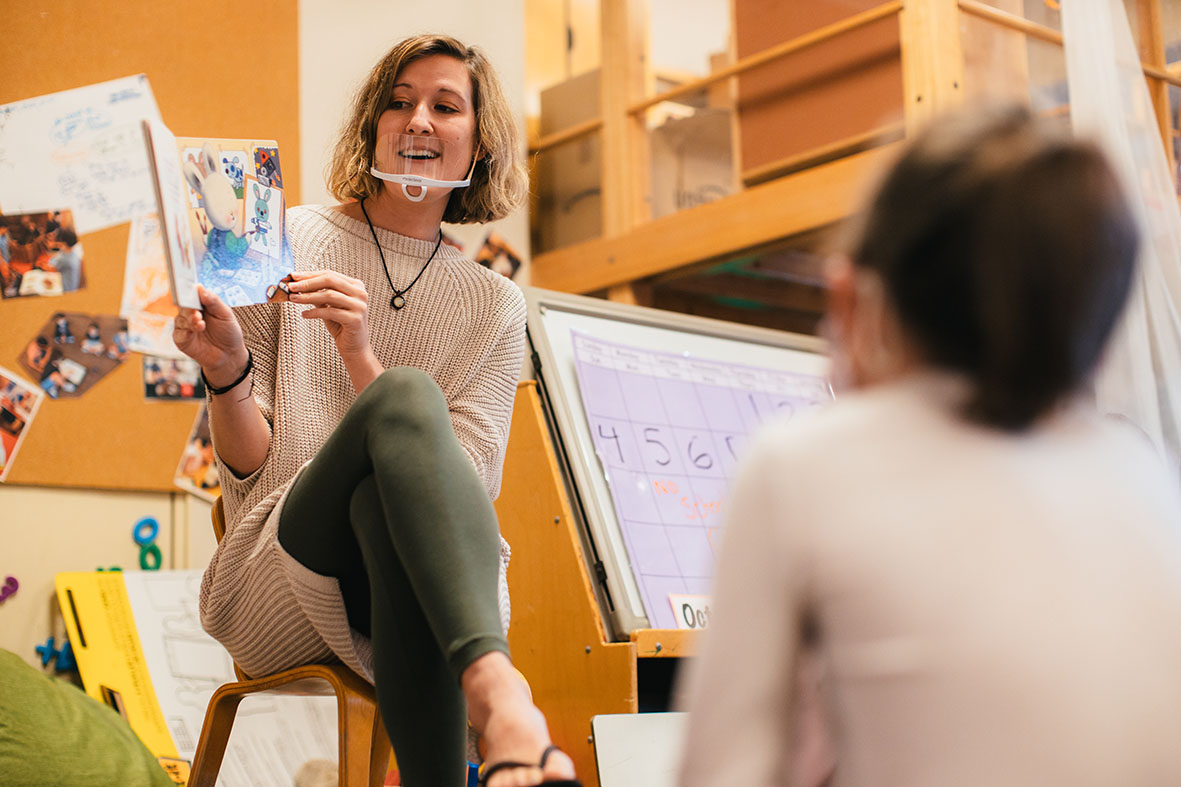
Features
ELC shapes a community of inquisitive learners and independent thinkers through intentionality, love and respect. The early years are a magical time of growth and at the ELC, they recognize just how special this phase of life is for each child and family. Learning is everywhere in the ELC nursery, pre-K and kindergarten community. They embrace the concepts of holistic development and child-focused early learning philosophies. The ELC teaching is anchored in current research and guided by developmental objectives and discrete academic standards. Each day they focus on nurturing and encouraging each child as together, and they embark on this lifelong journey of learning, discovery and growth.
At the ELC, they shape a community of inquisitive learners and independent thinkers through intentionality, love, and respect. The ELC approach is inspired by their image of the child as a curious, capable, and confident learner seeking to make meaning of and contribute to their own world. Children enjoy a strong sense of agency and self direction and the ELC supports their journey through intentional planning and design of their environments and learning opportunities.
Methods
ELC believes that learning comes to life through purposeful play and emergent curriculum. Learning is active and joyful, authentic and meaningful, creative, messy, social, collaborative and fun. They appreciate that play is the essential work of children and embrace it as a powerful learning strategy. Play offers unbounded opportunities for development and has long been recognized as central to how children learn. Joyful, meaningful, iterative, actively engaging and socially interactive, play offers the ideal mindset for growth and learning. Their professional team celebrates its potential and authenticity: ELC children consider it natural and fun.
Meaningful opportunities for children to develop are designed in ways that are flexible and inspiring. They nurture the potential that lies in every moment and in every experience. Learning at the ELC is personal, authentic and meaningful — and most importantly, full of joy.
Program and Courses
At the ELC, they respect children as capable, confident and self-directed. They also embrace constructivist learning philosophies and believe in the profound potential of young children. The ELC recognizes that learning exists in every experience and in every moment. The ELC team draws on current research, professional experience and proven early childhood philosophies to shape engaging environments and pursue an emergent, play-based curriculum. Their experience enables us to integrate developmentally appropriate skills, concepts and learning objectives into each child’s day. At the ELC, children discover and design, communicate and collaborate and share and celebrate their learning. ELC children learn and grow in a supportive, nurturing environment through self direction and joy.
At the ELC, each day is marked by joy and creativity as children explore, imagine, create and wonder as conceptualized through our Portrait of a Learner. The ELC team strives to ensure that their learners develop a strong sense of belonging and well-being and thrive socially, emotionally, physically and cognitively. They celebrate the innate curiosity and creative energy of children as they imagine their worlds and prepare for their futures.
Admission terms
Eligibility Requirements:
-All applicants must have one parent who speaks, reads, and writes fluent English.
-All applicants must reside in Tokyo with their parents during their attendance at ASIJ.
Age Group Nursery to Kindergarten
Number of Students 136
Member Organization WASC, Keeping Children Safe, Japan Council of International Schools
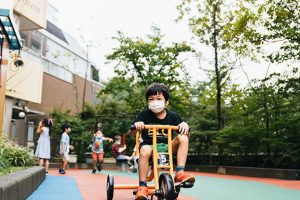

Address: 6-16-5 Roppongi, Minato-ku, Tokyo
Tel: 03-5771-4344
Contact: elc@asij.ac.jp


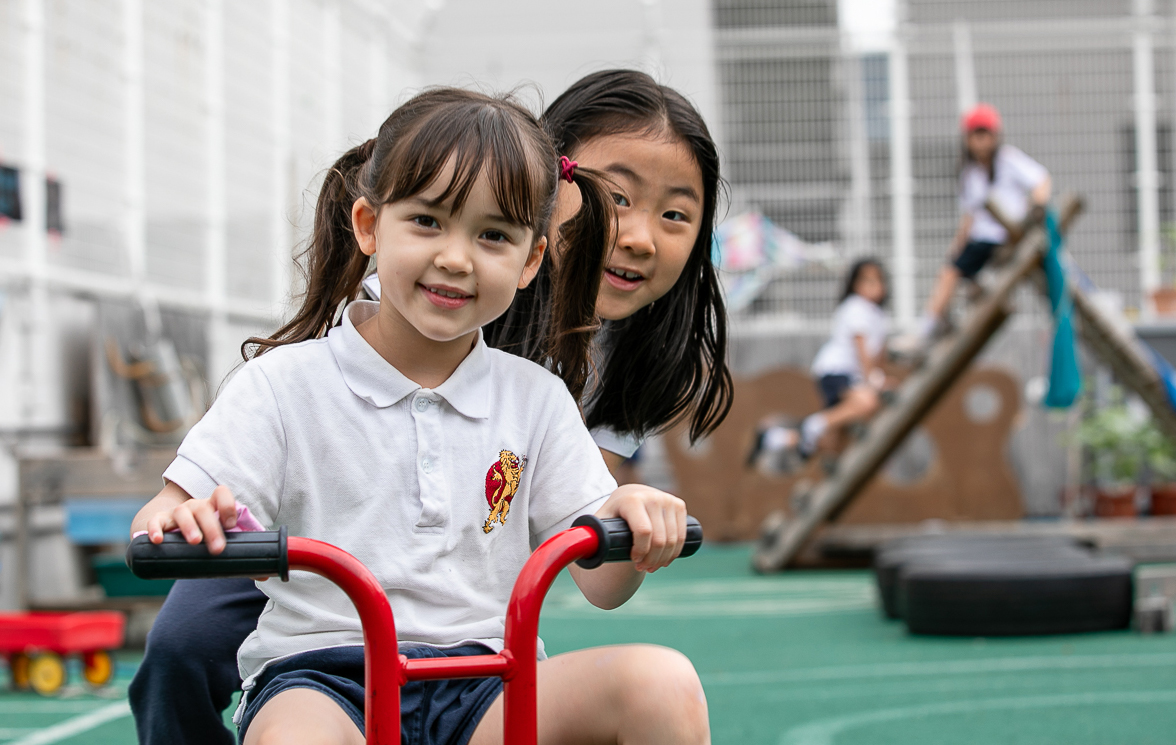
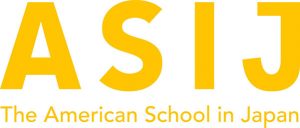



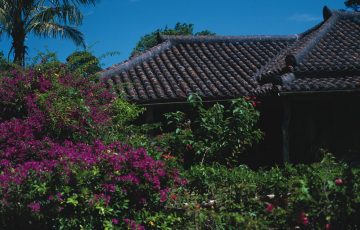



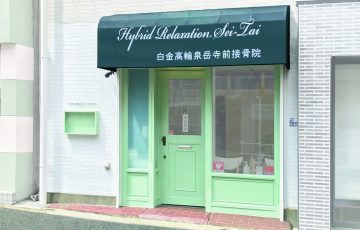
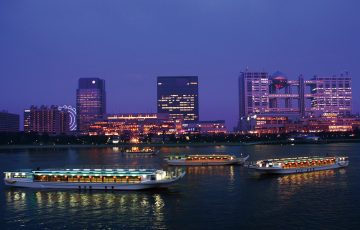
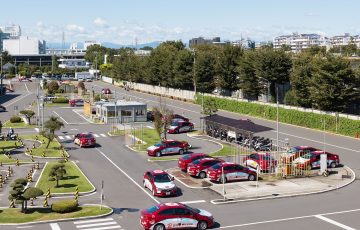



Recent Comments